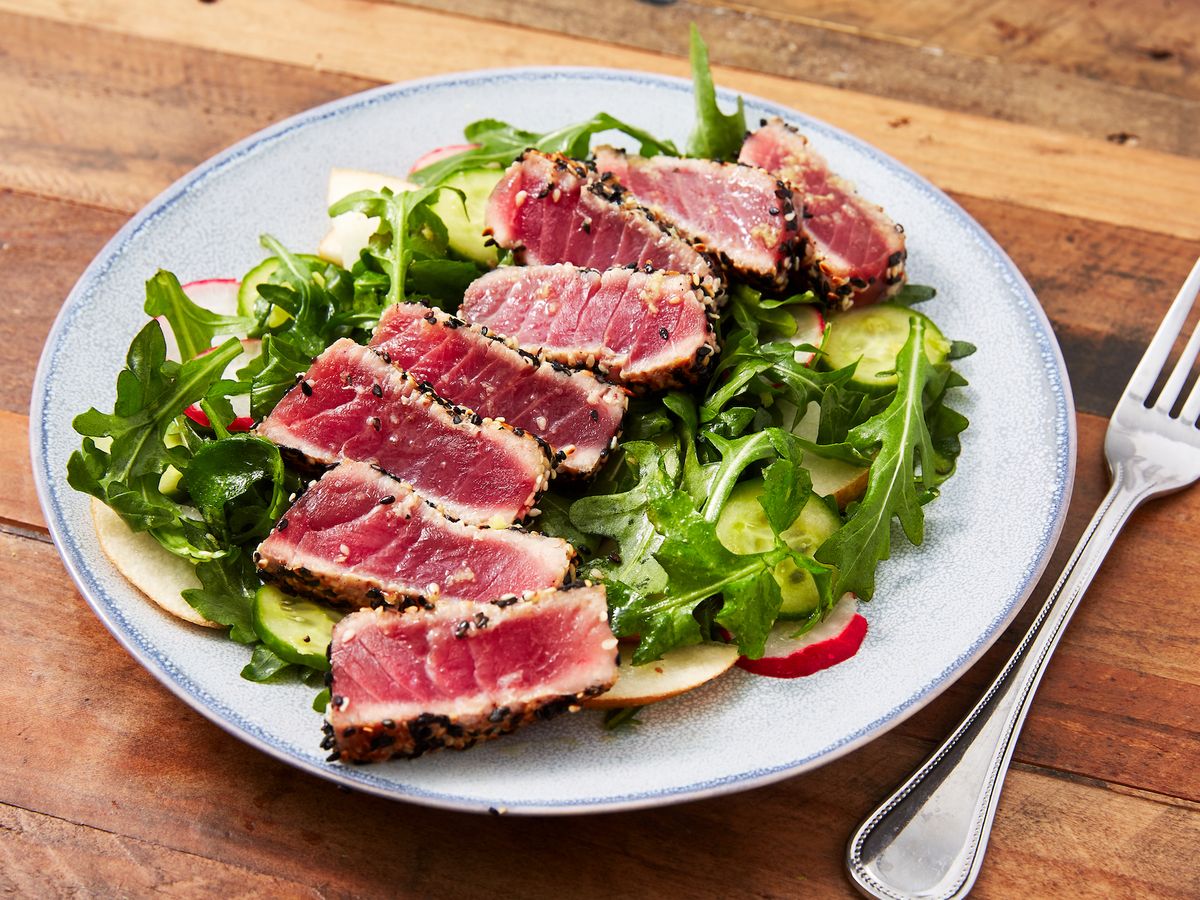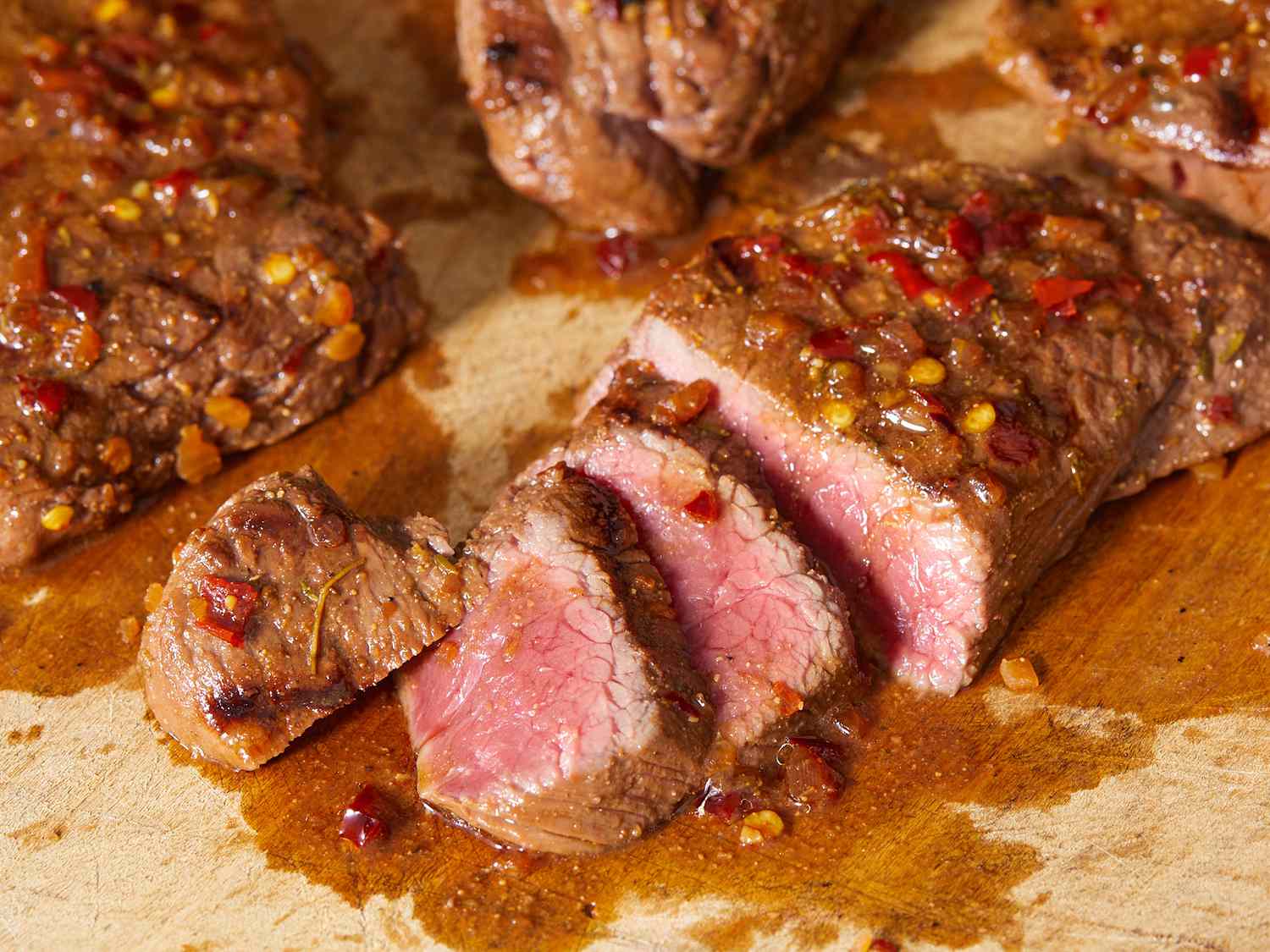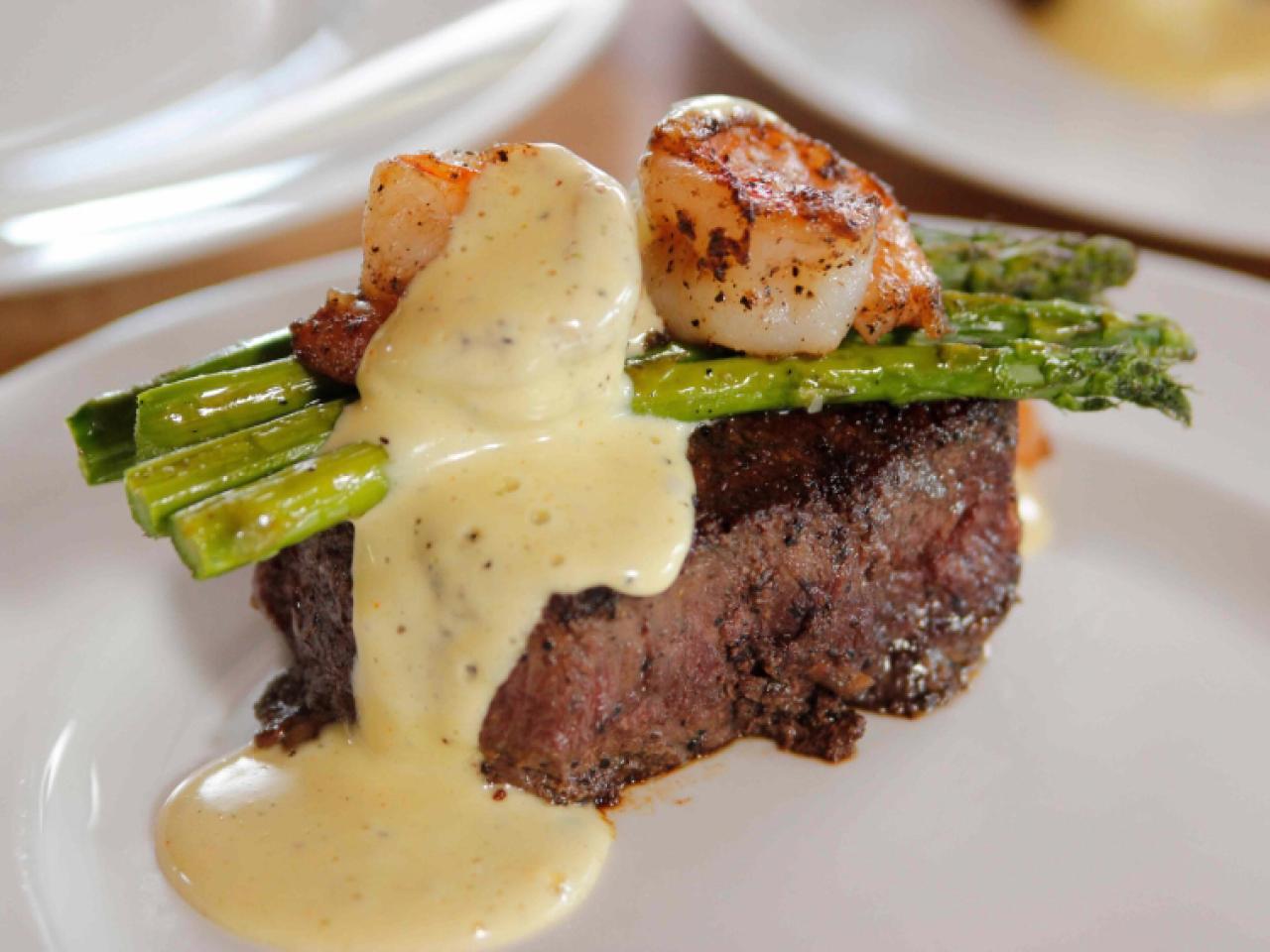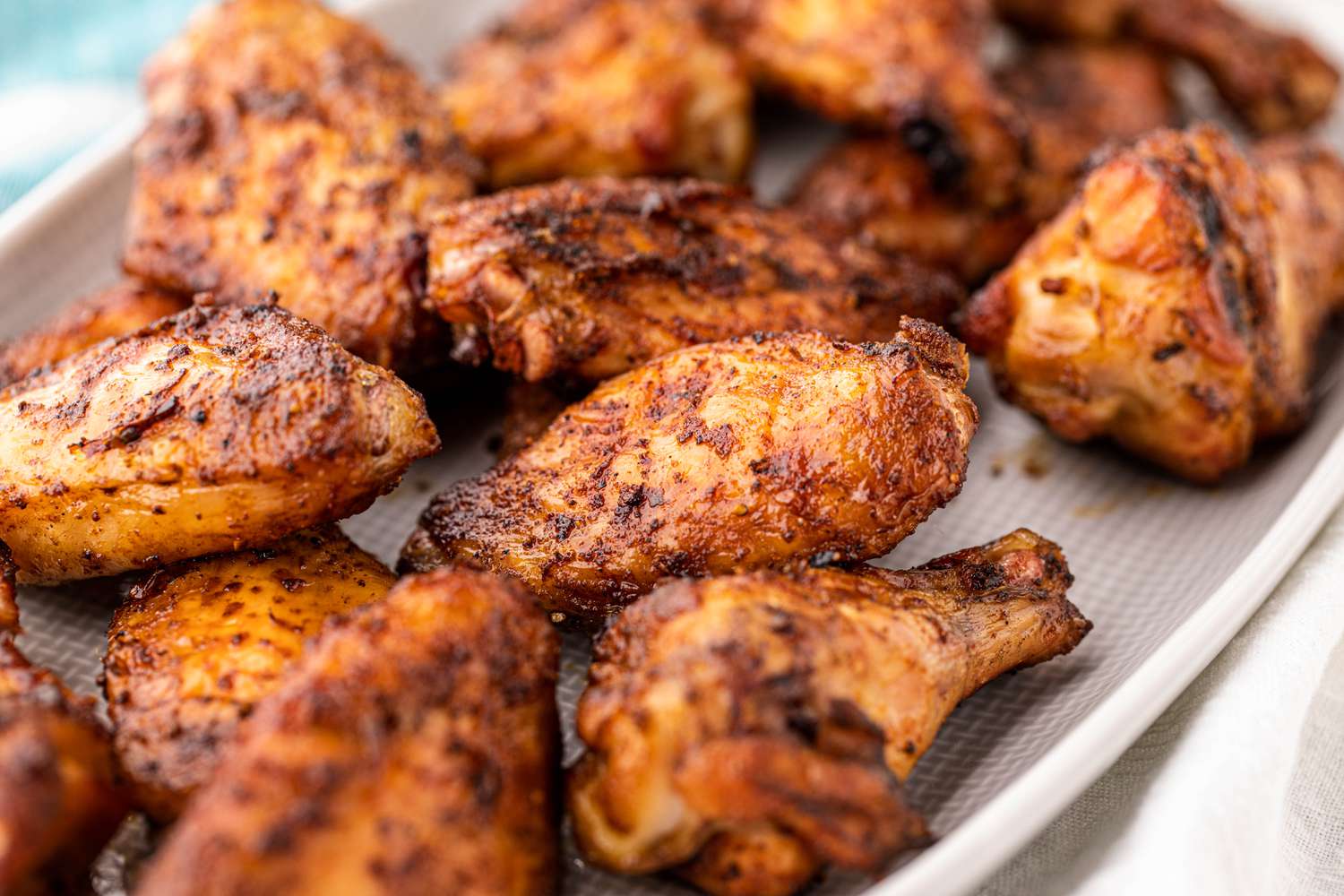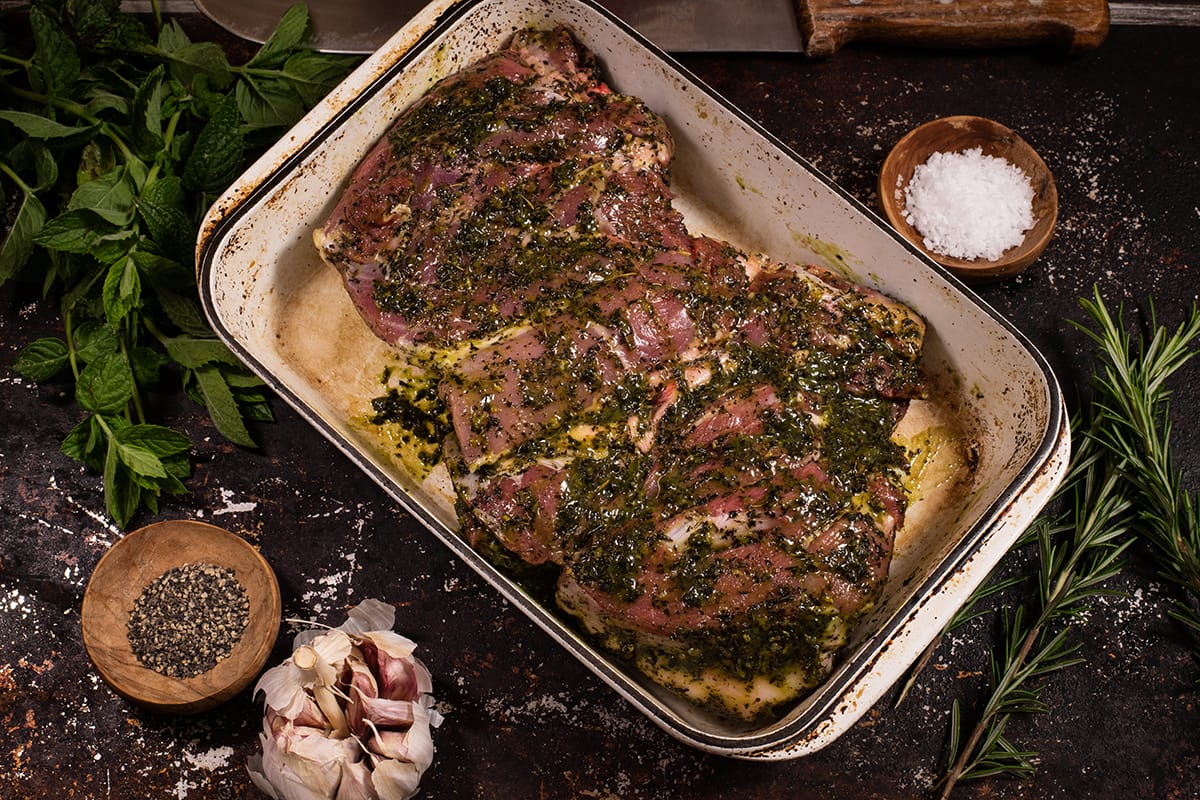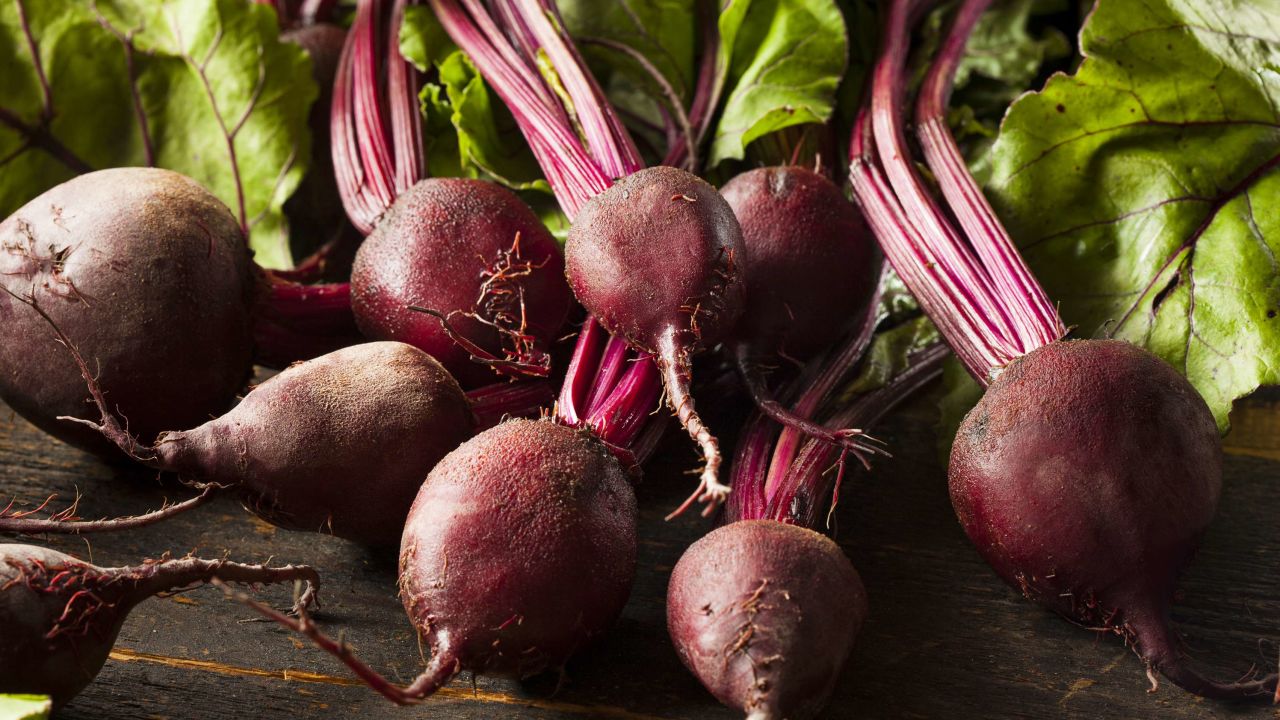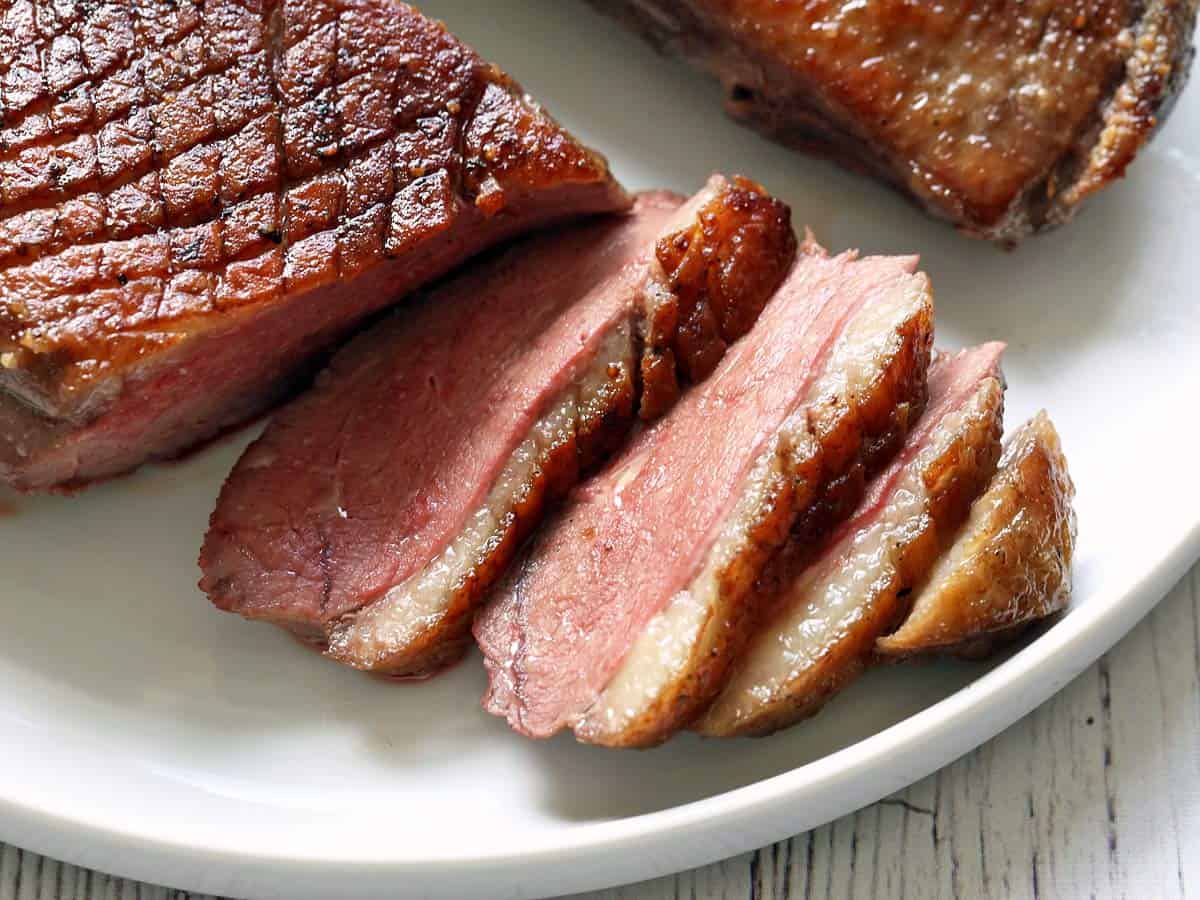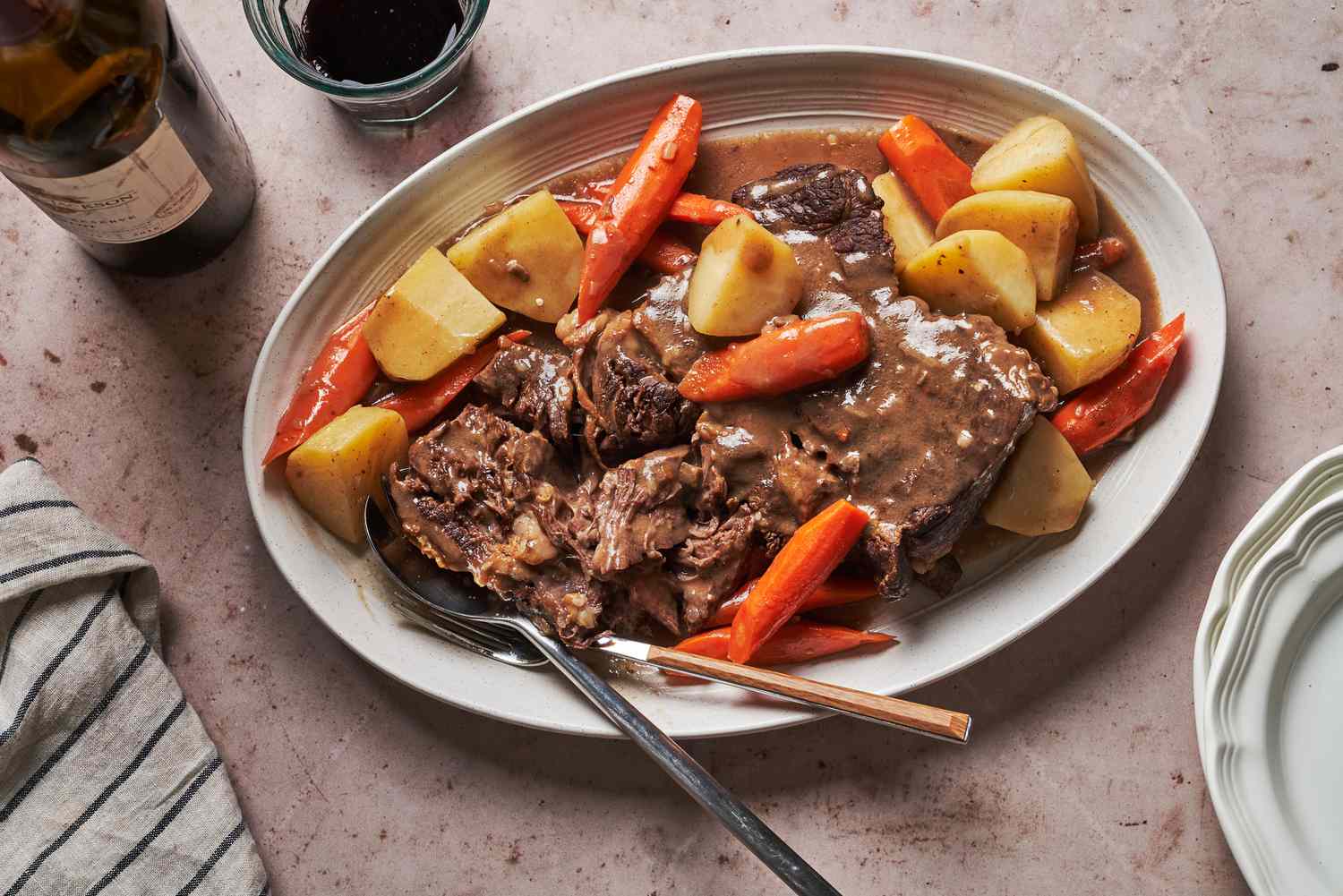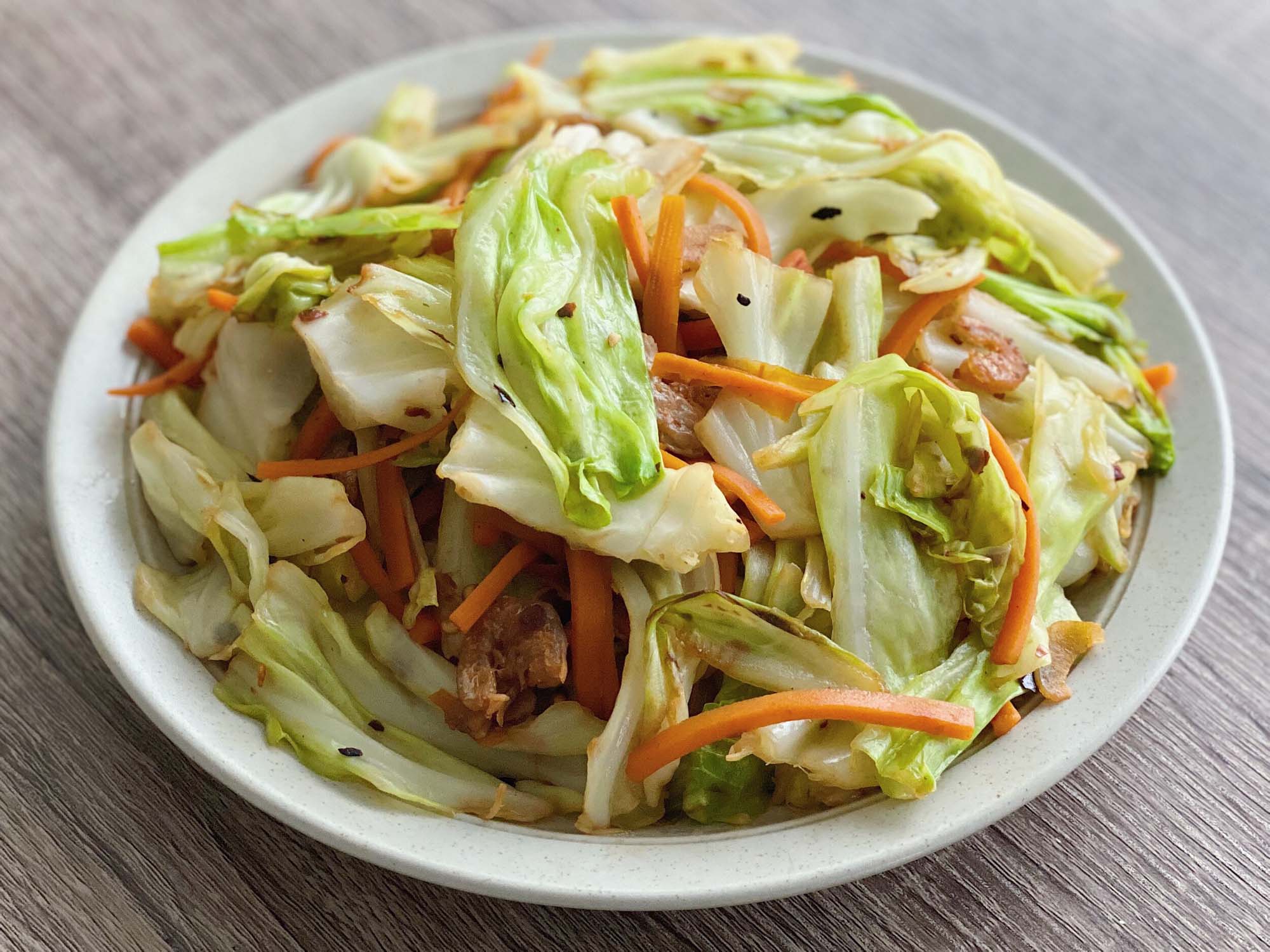Mastering the Art of Cooking Tender Meat
When it comes to cooking meat, achieving that perfect level of tenderness can often feel like an elusive goal. Whether you’re a seasoned cook or just starting out in the kitchen, learning how to cook meat to be tender is an essential skill. Thankfully, with a few tried-and-true techniques, you can transform even the toughest cuts into mouthwateringly tender masterpieces.
So how exactly can you achieve that tender, melt-in-your-mouth goodness? Let’s dive into some expert tips and tricks:
1. Choosing the Right Cut
It all starts with selecting the right cut of meat. Some cuts naturally lend themselves to tenderness, while others require a little more effort. When in doubt, opt for cuts like ribeye, tenderloin, or sirloin, known for their tenderness. If you have a tougher cut, such as chuck or brisket, consider marinating it or using a slow cooking method to break down the collagen and fibers.
2. Tenderizing Techniques
Tenderizing meat can make a significant difference in its texture. Here are a few effective techniques:
- Marination: Soaking the meat in a marinade not only adds flavor but also helps to tenderize it. Acidic ingredients like lemon juice, vinegar, or yogurt work by breaking down the muscle fibers. Aim to marinate the meat for at least 30 minutes or even overnight for tougher cuts.
- Using a Meat Mallet: Pound the meat with a meat mallet to break down the muscle fibers. Start from the center and work your way outwards, being careful not to over-mash the meat.
- Brining: Submerging meat in a saltwater solution, known as brining, helps improve its moisture content and tenderness. The salt alters the structure of the muscle fibers, resulting in juicier and more tender meat.
3. Cooking Techniques
The way you cook your meat can greatly impact its tenderness. Here are a few cooking techniques to consider:
- Slow Cooking: Using low heat and longer cooking times can transform tough cuts of meat into tender delicacies. Techniques like braising, stewing, or using a slow cooker are perfect for breaking down collagen and achieving that fall-off-the-bone tenderness.
- Grilling: When grilling, be mindful of the heat intensity. Start with high heat to sear the meat and lock in the juices, then reduce the heat to finish cooking. This method works wonders for cuts like steak or chops.
- Sous Vide: This cooking technique involves vacuum-sealing the meat and cooking it slowly in a temperature-controlled water bath. It ensures even cooking and tender results without the risk of overcooking.
4. Resting and Carving
Once your meat is cooked to perfection, give it some time to rest before carving and serving. This allows the juices to redistribute and ensures a tender and flavorful end result. Tent the meat with foil and let it rest for about 5-10 minutes. Then, carve it against the grain to further enhance its tenderness.
With these expert tips in your culinary arsenal, you’ll be able to cook meat to tender, succulent perfection. So go ahead, impress your friends and family with your newfound skills and create unforgettable dining experiences!
Was this page helpful?
Read Next: How To Cook Pork Spare Ribs?
